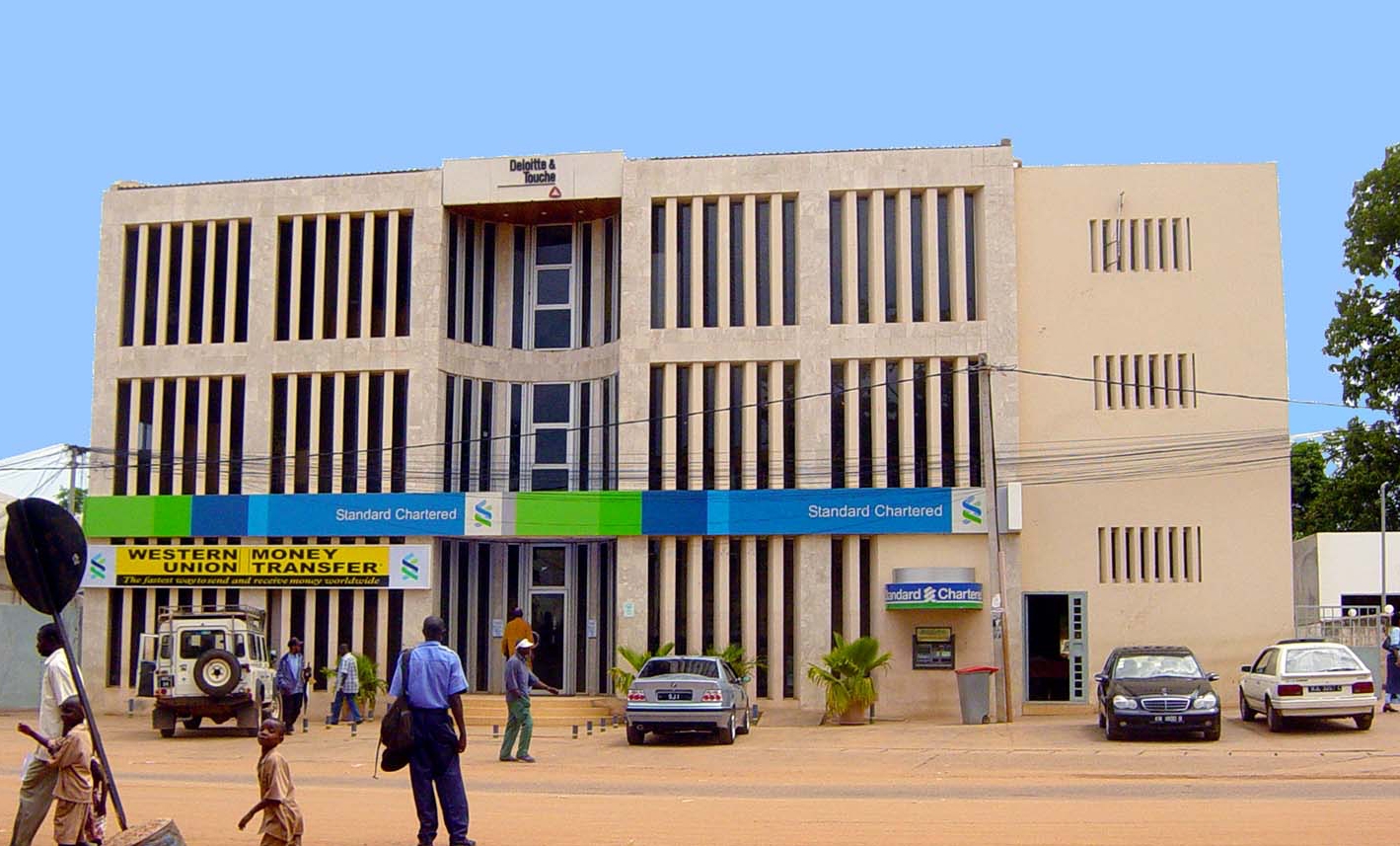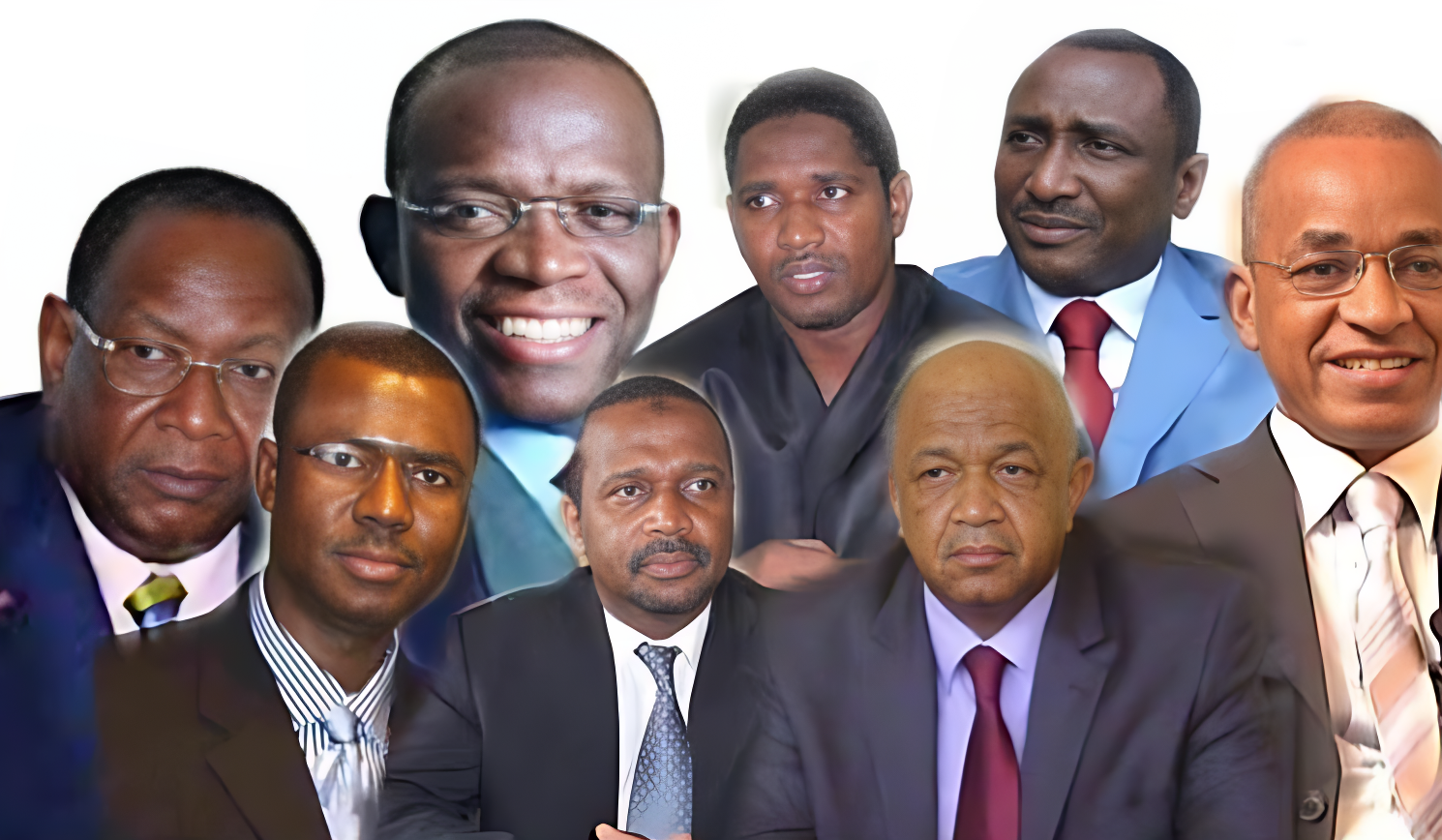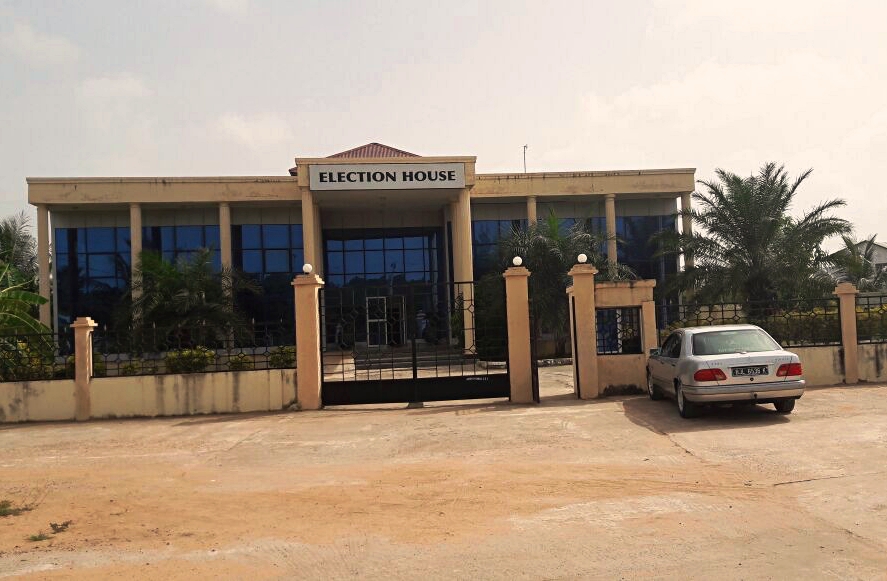Gambiaj.com – (BANJUL, The Gambia) – The Gambia’s political landscape has been shaken by the National Assembly’s decision to dramatically raise nomination fees for candidates seeking public office, a move that has ignited fierce debate ahead of the 2026 elections.
Lawmakers on Tuesday approved amendments to the Elections Bill that significantly increase the costs for presidential, legislative, and local government hopefuls. Under the new fees, presidential candidates will now have to pay D1 million to secure a place on the ballot, a drastic jump from the previous D10,000 fee.
National Assembly aspirants will pay D150,000, up from D5,000. Fees for mayoral and chairperson positions have been set at D100,000, while councillor candidates will now pay D10,000.
The approval came during the bill’s consideration stage, with the presidential fee hike passing by 33 votes to three.
The hikes for mayoral and chairperson positions also secured a wide majority, while the councillor fee hike saw more division, passing with 18 votes in favor and 15 against.
Attorney General and Justice Minister Dawda A. Jallow, who tabled the bill, defended the increases as necessary to modernize The Gambia’s electoral laws and align them with “international best practices.”
The government argues that the higher fees will encourage only “serious” candidates to contest elections, reduce logistical burdens on the electoral system, and prevent the ballot from being cluttered by frivolous contenders.
However, the move has provoked sharp criticism from civil society groups, political analysts, and some lawmakers, who fear it could undermine democratic participation.
Critics warn that the hefty nomination fees will disproportionately exclude grassroots politicians, youth, women, and independent candidates with limited resources, potentially consolidating power among wealthier political elites and well-funded parties.
The D1 million presidential fee has drawn particular concern, with many arguing it effectively blocks newcomers and smaller opposition parties from mounting credible campaigns. With The Gambia’s economy still recovering and average incomes low, some see the changes as an unnecessary financial barrier to entry into politics.
Supporters of the move believe it will help streamline elections, enhance the quality of political candidates, and prevent individuals with no serious plans from entering the race simply for visibility. They also argue that the reforms will bring The Gambia closer to election standards seen in some other countries.
Nevertheless, many observers believe the bill’s passage could have far-reaching consequences for the 2026 elections. Analysts predict that established political parties, which typically have more financial resources, are likely to benefit under the new rules.
In contrast, independent candidates, women, and younger politicians may struggle to meet the nomination fees, potentially narrowing the pool of candidates and limiting voter choices.
The bill has not yet been fully enacted, as it still requires additional scrutiny before final approval. Some lawmakers have hinted at possible revisions, leaving room for changes before the bill becomes law.
Beyond the issue of nomination fees, the bill also introduces measures aimed at improving electoral transparency.
It mandates the chairperson of the Independent Electoral Commission to publicly announce final results in a structured and clear manner after elections and referendums—an effort to boost public confidence in electoral outcomes.
As the country moves closer to the 2026 elections, the sharp increase in nomination fees has become a flashpoint in debates about the future of Gambian democracy.
While the government frames the change as a step toward a more mature electoral system, many remain deeply concerned that it could restrict access to political participation at a critical juncture in the nation’s democratic journey.










